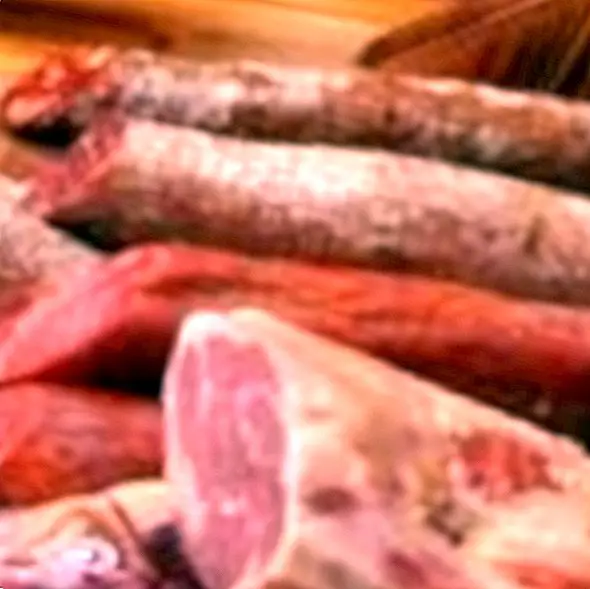How to know if you have a hernia
Medically it is known by the name of hernia to a sac formed by the lining of the abdominal cavity, which passes through a weak area or hole in the strong layer of the fascia (abdominal wall that surrounds the muscle). However, depending on its location there are different types of hernias: femoral, hiatal, surgical or eventration, inguinal or umbilical.
The causes that cause the appearance of a hernia can be really varied: lifting heavy objects, make an effort to be in the bathroom, or carry out any activity that involves raising the pressure within the abdominal area. There are also other causes, such as chronic cough, chronic constipation, cystic fibrosis, enlarged prostate, overweight, peritoneal dialysis or cryptorchidism.

As many specialists say, it is possible that the hernia is already present at birth, but the protrusion will not be noticed until after a few years.
At the time of know if you have a hernia it is very important to look at the hernia symptoms, although we should keep in mind that there are usually no symptoms.
Symptoms of hernias
In most cases there are no symptoms, although some people may feel pain or discomfort. This pain tends to be worse if the person makes some effort, lifts heavy objects or stops.
Although these symptoms do not always appear at the beginning, it is common for most people to feel some discomfort when the bump grows.
How to know if I have a hernia?
- See if you have any bulge or inflammation in the abdominal area. You may notice a bulge in the stomach that gives in to the pressure.
- Do you have nausea? It may be common to appear in the presence of a hernia, also vomiting as a result of stomach discomfort.
- Do you have localized pain or discomfort? It can be a mild discomfort, or an unpleasant pain.
- Acidity and excessive belching. In the case of hiatus hernia, the acidity can be painful and persist over time, appearing on an empty stomach or during meals.
Image | Lastbeats TopicsGastrointestinal disorders


